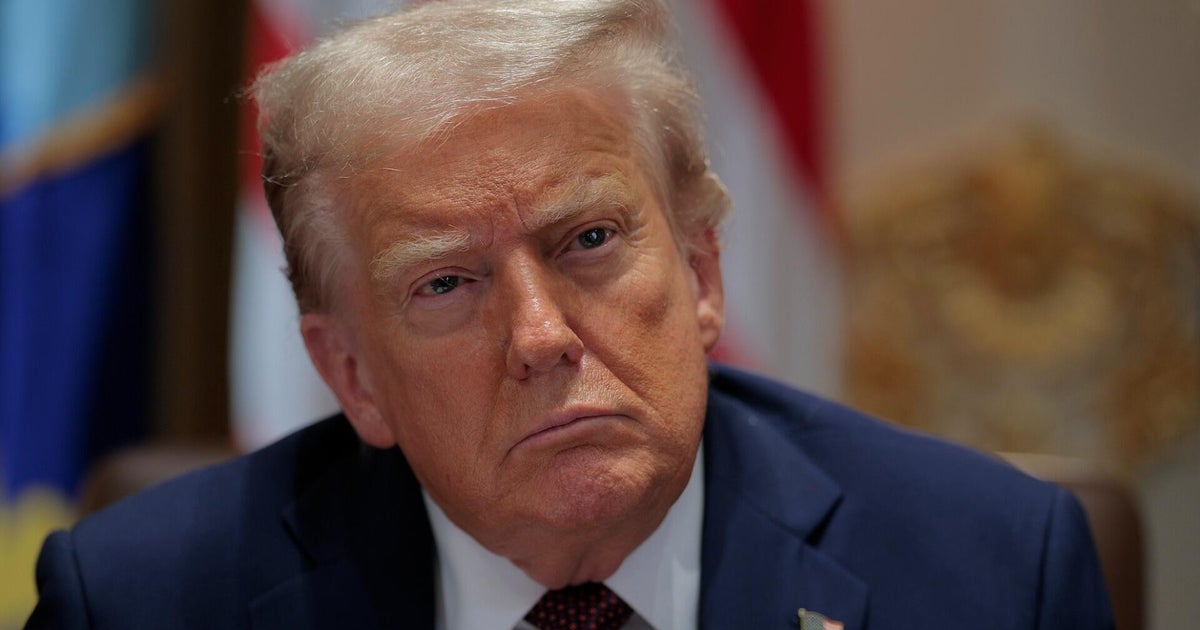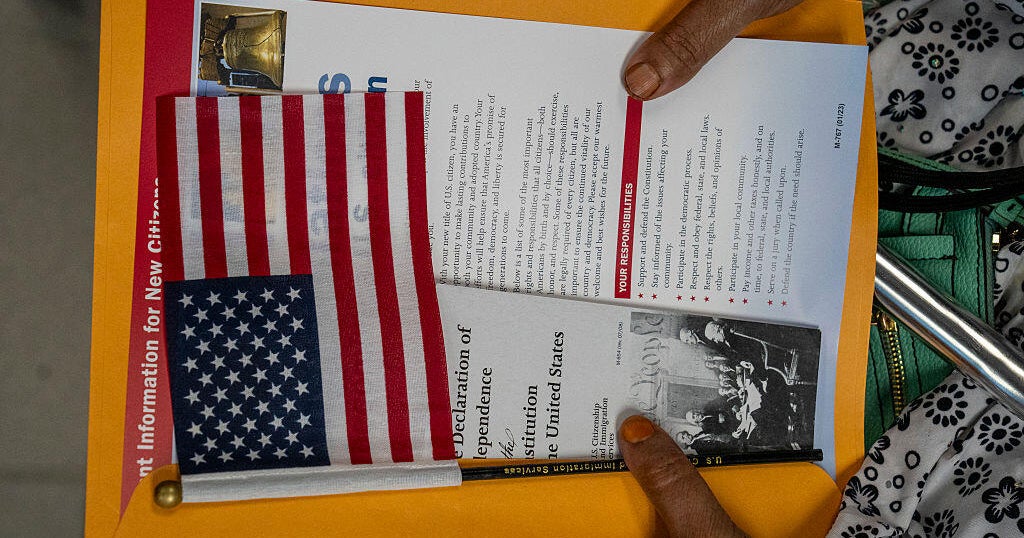Trump Administration Moves to Eliminate Airline Compensation Rules

Introduction
The Trump administration is once again making headlines, this time with a move to eliminate rules that require airlines to compensate passengers for flight delays and cancellations caused by non-weather-related issues. This decision, if implemented, could have a major impact on the travel industry and consumer rights.
Key Details
The existing rules, put in place by the Obama administration, require airlines to provide compensation and free rebookings for delays and cancellations caused by issues within the airline's control, such as mechanical problems or overbooking. These rules have been a source of frustration for airlines, who argue that they are costly and lead to higher airfare prices for consumers.
However, consumer advocates argue that these rules are necessary to protect passengers from being left stranded without any recourse. They point to examples of passengers being stuck on the tarmac for hours or being forced to rebook at their own expense due to airline delays.
Impact
If the rules are eliminated, it could potentially save airlines millions of dollars in compensation payouts. However, it could also lead to a decrease in customer satisfaction and trust in the airline industry. This decision also raises questions about the government's role in protecting consumer rights and whether the interests of big businesses are being prioritized over those of everyday citizens.
Ultimately, the fate of these rules is still uncertain, as it
About the Organizations Mentioned
Trump Administration
The **Trump Administration** refers to the executive branch of the United States government under President Donald J. Trump, covering two non-consecutive periods: his first term from 2017 to 2021 and his second term beginning in 2025. As an organization, it is responsible for executing federal laws, shaping public policy, and managing national affairs during its tenure. During the **first Trump Administration (2017–2021)**, the administration pursued a wide-ranging agenda focused on immigration reform, economic nationalism, deregulation, judiciary appointments, and foreign policy shifts. Key actions included building and expanding the U.S.-Mexico border wall—completing 458 miles by January 2021—and implementing strict immigration policies such as travel bans from several predominantly Muslim countries and rescinding the DAPA amnesty program[2]. The administration withdrew the U.S. from the Trans-Pacific Partnership trade deal, renegotiated NAFTA into the USMCA, and signed the "Buy American and Hire American" executive order to prioritize American workers[1][3][5]. Judicially, Trump appointed three Supreme Court justices—Neil Gorsuch, Brett Kavanaugh, and Amy Coney Barrett—significantly influencing the federal judiciary with over 200 judicial appointments[5]. The administration also focused on military expansion, combating ISIS, addressing the opioid crisis, and responding to the COVID-19 pandemic with vaccine development support[5]. Foreign policy was marked by controversial decisions including troop withdrawals from northern Syria, reinforced support for Saudi Arabia, and tensions with Iran and North Korea[4]. The administration faced two impeachments: first in 2019 over Ukraine dealings and again in 2021 following the January Capitol riot; Trump was acquitted by the Senate both times[4][5]. After losing the 2020 election, Trump returned for a **second term starting in 2025**, continuing his policy priorities with new regulatory changes and political appointments[6][8]. The Trump Administration
Obama Administration
The **Obama Administration** refers to the executive government led by Barack Obama, the 44th President of the United States, who served from January 20, 2009, to January 20, 2017. This administration focused on comprehensive domestic reform and significant international initiatives during two terms in office. It is notable for being the first presidency of an African American, bringing historic social and political significance[1]. Key achievements of the Obama Administration include: - **Economic recovery and reform**: Early in his first term, Obama signed the American Recovery and Reinvestment Act (2009), a $787 billion stimulus package designed to combat the Great Recession by saving and creating jobs, stabilizing the economy, and aiding those hardest hit[3][8]. The administration also reduced the federal deficit from 9.8% of GDP in 2009 to 3.2% in 2016, reflecting a strengthening economy[5]. - **Healthcare reform**: The administration successfully passed the Affordable Care Act (ACA), expanding healthcare coverage to millions of Americans, a landmark policy affecting business and technology sectors by increasing consumer access and incentivizing innovation in health tech[1]. - **Climate leadership**: The Obama Administration played a pivotal role in global climate policy, leading the negotiation of the Paris Agreement in 2015, which committed 196 countries to greenhouse gas reduction targets, setting a global precedent for environmental accountability[2][6]. - **Trade and international relations**: It negotiated the Trans-Pacific Partnership (TPP), a trade agreement encompassing 12 countries, representing about 40% of global economic output, aimed at boosting trade and economic growth in the Asia-Pacific region[2]. - **Social justice and regulatory reforms**: The administration expanded hate crime laws, improved pay equity through the Lilly Ledbetter Fair Pay Act, advanced gun violence prevention by overhauling background checks, and promoted LGBTQ+ rights and stem cell research funding[1][2][5]. - **Technology

















